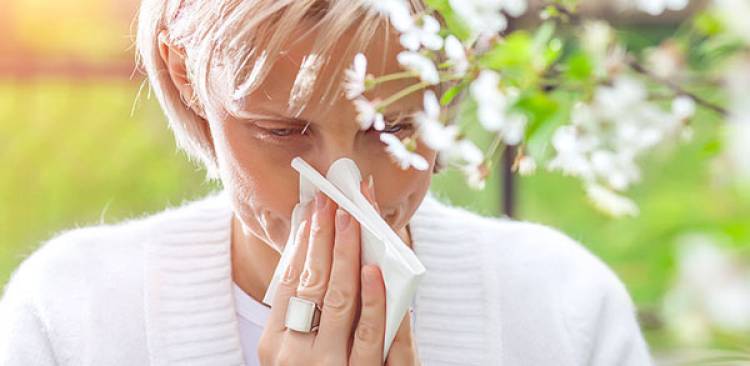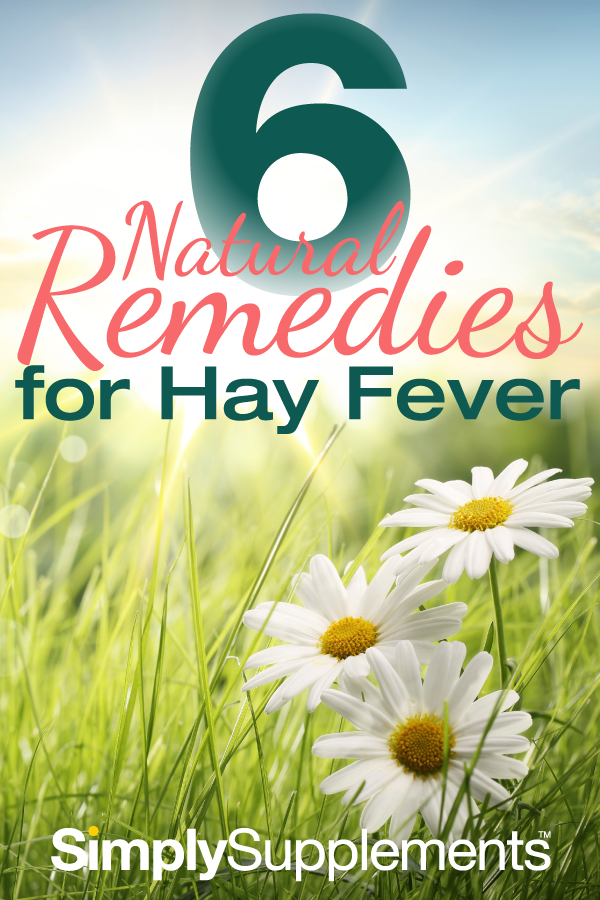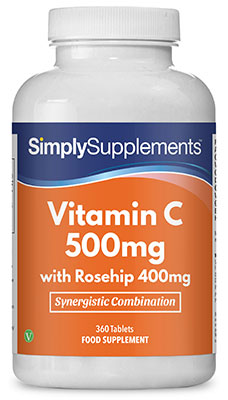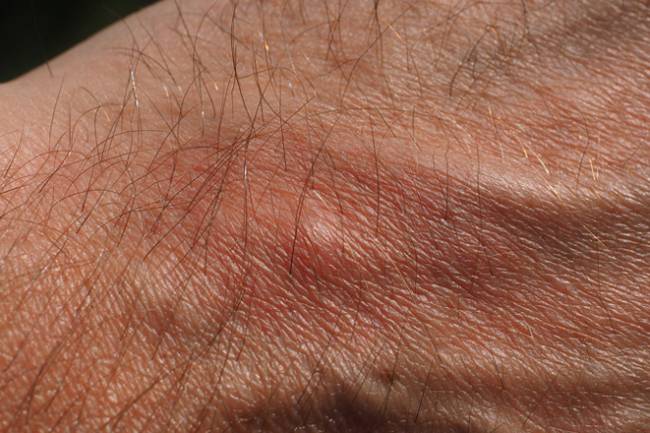Natural Remedies for Hay Fever

If you suffer from hay fever then we know the incoming spring weather has got you feeling a little anxious. Over 10 million people in the UK suffer from some form of hay fever, and although many people have found that symptoms eventually improve with age, that doesn't solve your problem today.
While there are plenty of over the counter solutions available at most pharmacies and supermarkets, you may feel a more natural solution could assist in relieving hay fever symptoms too.
So, why not give these natural remedies a try to help fight your hay fever this spring?
Vitamin C
Vitamin C is a natural antihistamine, which means that it can be good at providing relief from allergy symptoms. In particular, it acts as a decongestant, so ensuring you get your daily intake could be the perfect remedy if one of your hay fever symptoms is a blocked or a runny nose. Recommended daily amounts vary depending on who you're talking to or where you looking.
Adding more foods like kiwi or green/orange fruits and vegetables to your diet could be the trick to helping your allergies, so take a look at your current diet and make changes accordingly. Supplements for Vitamin C are always an option too. If you're unsure, however, have a chat with your doctor or GP to see what would be best for you and your health needs.
Honey
Without bees, the world we know would cease to exist. They help spread pollen so that plants can reproduce, which in turn keeps plant life producing oxygen for us to breathe. This process of pollination, although incredibly helpful for the planet, comes at a cost to those of us who suffer from hay fever.
More pollination means more pollen in the air, and this can cause allergies to flare up.
Despite their role in hay fever misery, however, bees may have also given us the antidote. Honey contains pollen from the plants and flowers surrounding the bee colony. By introducing this pollen to your body early, before hay fever season, you could help your body develop a sort of protection to the allergies that the pollen creates.
Honey might help to desensitise your body, lessening your hay fever symptoms. It is reported that using locally-produced honey has a much higher chance of providing relief and support from hay fever, given that it is made from foliage that can be found all around you and is the cause of your hay fever.
Try taking small daily amounts before you usually start to suffer from hay fever and see if it helps.
Garlic
Garlic has a lot of health benefits. However, it's rather uncommon knowledge to know that it could also help alleviate your hay fever symptoms. Increasing your daily intake of garlic might help boost your immune system. It acts as a decongestant and could help to relieve other symptoms like sore throats and headaches. The reason garlic can be so helpful is that it contains something called quercetin, which is a natural antihistamine that provides allergy relief.
Quercetin can also be found in onions, so if you don't like garlic there are other alternatives that may help too. Introducing more garlic into your diet a month before hay fever season starts is a good way of helping your body to prepare for the worst attacks your allergies could throw at you.
Research suggests that it is most effective when eaten raw or crushed, but cooked forms may also help too. Try looking at recipes online to see how you could introduce it into your daily meals. Like Vitamin C, there are always garlic supplements available to provide daily support too.
Try Avoiding Dairy Products
Dairy products increase the production of mucus in the respiratory tract (your throat and nose), so if you couple that with a runny nose from hay fever, the two together are going to make things pretty unpleasant. If you start to suffer from the symptoms of hay fever, like a blocked or a runny nose, try avoiding dairy to help prevent it from getting any worse. You may want to consider other alternatives like soy or almond milk to make the dietary transition as easy as possible.
Assorted Teas
There are a lot of different teas on the market that have varying health benefits. For hay fever, teas like chamomile, liquorice and nettle all contain antioxidants and antihistamines, which can be helpful in reducing symptoms. Next time you're in the supermarket, have a browse at the tea aisle and see what your tastes and dietary requirements catered for.
Chamomile, in particular, doesn't just have to be taken daily during your morning cup of tea. For swollen and itchy eyes (in my opinion one of the worst symptoms of hay fever you can suffer), try using the cold tea bag as an eye compress.
You may find that this helps to reduce inflammation and discomfort. We recommend taking a look online to see how to do this most effectively and safely.
Spicy Food
We all have different tolerance levels when it comes to spices. This natural remedy for hay fever may not be for everyone, but if you can handle the heat, you might be in luck. Spicy foods like hot peppers, wasabi, Dijon mustard and horseradish all contain a natural chemical called capsaicin. Capsaicin is found in chilli peppers, and it is that notorious element in spicy food that gives it the distinctive heat or burning sensation. This is exactly what you want to be targeted because it can help to open nasal passages and reduce inflammation.
If you aren't a fan of spicy food and you are apprehensive about trying it, there's no rush to jump straight to a vindaloo. Spiciness and heat in food are helpfully measured via Scoville Units, meaning that you can start slowly at the bottom of the scale to see if you can adapt it into your diet. Even the smallest amount of heat from adding chilli powder into some of your meals might make a difference to your allergies. Don't worry about this remedy though if you can't stomach it, there are plenty of alternatives for you to try.
The Best Preparation for Tomorrow Is Doing Something Today
Getting ready before your hay fever hits is a sure-fire way of making sure that you keep your hay fever under control. Try giving these natural remedies a try to see if they help you with your allergies.


 Nicole
Nicole 

























